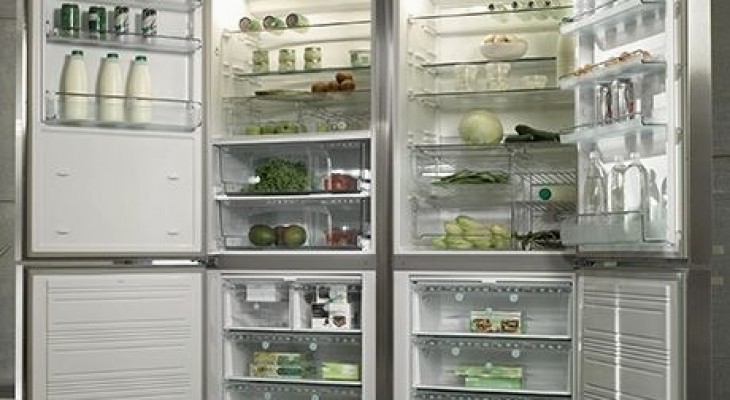Patisserie: Success is About Properly Stored Ingredients
Who doesn’t love the smell of freshly baked cookies and pies? As much as we like to avoid the sweet stuff, it’s good to treat oneself with some sugary dough delights.
This is what makes the patisserie a successful business, because despite the healthy food trends, few of us can resist sweets, even those who proudly say they don’t have a sweet tooth. Now, when deciding to take the patisserie seriously, you would start from the essential equipment, after choosing the location.

However, while the oven and dough mixers usually get most of the consideration, the refrigerator shouldn’t come as an afterthought, because it’s all about storage, how fresh your ingredients are, and not only about how great of a recipe you have. If you want to make the most of both refrigeration and freezing, then a commercial grade refrigerator freezer is what you need.
There are many options of this type of refrigerator freezer combination, differing in size, capacity, as well as design and features, from ergonomically designed doors, to digital temperature control. Given that patisseries have their own specific requirements, what you want in a commercial grade refrigerator freezer is quick freezing that comes in handy with dough, and humidity control for anything chocolate.
Eggs as one of the basics are the number one ingredient that have to be stored in the fridge, it’s almost considered as a rule of thumb, but what’s not known is to be able to store them properly, and avoid the fridge smell, it’s advisable to keep them in their original cartons. It’s the same with nuts and yeast, if you want to keep them fresh, be sure to store them in bags in the freezer.
When it comes to fruits, regardless whether you’re going to use them for smoothies or cakes and baked goods, they can be frozen. Anything from bananas, apples, and oranges, to peaches, cherries, mango and kiwi can be kept in the freezer and preserved for about a year.
While flour should be stored in airtight containers, some types of flour, like whole wheat, can be stored in the freezer if you want to preserve it longer. Likewise, all types of sugar (confectioner’s, white granulated, and brown) as well as baking soda, and cornstarch are best preserved in containers in dark, dry places. This keeps them fresh and makes them off limits for pests.
One instance when you can keep the baking soda in the fridge is when you want to clear out the odours. With chocolate, it depends on how often you intend to use it. If you use it often, then you don’t need the fridge, all you have to do is wrap it tight and keep it in a cool, dark place.







